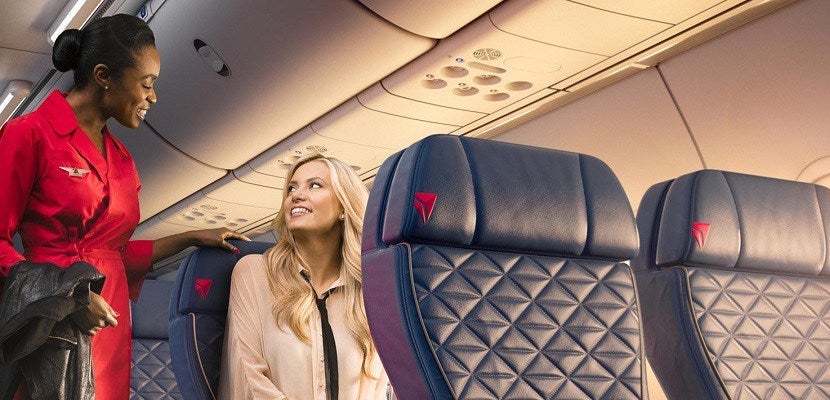Comparing Top-Tier Elite Status on American, Delta and United
Update: Some offers mentioned below are no longer available. View the current offers here.
If you're a road warrior, earning airline elite status can be a great (or the only) way to keep your sanity when traveling thanks to the array of perks it confers. In January, I analyzed the loyalty programs of the three major US carriers (American, Delta and United) to evaluate just how rewarding their elite status levels are. However, these posts didn't compare comparable levels across the different programs, so today I'll continue my series that resolves this gap. My first three entries considered low-tier, mid-tier and high-tier status, and now I'll wrap things up and put the carriers' top-tier levels under the microscope.
[table-of-contents/]
Before getting into the comparisons, let's quickly review how you can earn top-tier elite status and the value I found for each one:
- AAdvantage Executive Platinum: The top tier in American's program is AAdvantage Executive Platinum, which is earned after completing 100,000 Elite Qualifying Miles (EQMs) or 120 elite-qualifying segments, plus $12,000 Elite Qualifying Dollars (EQDs). I pegged this status at $7,420 in my valuation of AAdvantage elite status, which breaks down to 6.2 cents per EQM.
- SkyMiles Diamond Medallion: The top tier in Delta's program is Diamond Medallion, which is earned after completing 125,000 Medallion Qualification Miles (MQMs) or 140 Medallion qualification segments, plus $15,000 Medallion Qualification Dollars (MQDs). I pegged this status at $7,850 in my valuation of SkyMiles elite status, which breaks down to 5.2 cents per MQM.
- United Premier 1K: The top tier in United's program is Premier 1K, which is earned after completing 100,000 Premier Qualifying Miles (PQMs) or 120 premier-qualifying segments, plus $12,000 Premier Qualifying Dollars (PQDs). I pegged this status at $8,695 in my valuation of MileagePlus elite status, which breaks down to 7.2 cents per PQM.
As you can see, there's a bit of variation between the qualification criteria and the value for each. Delta requires 25% more flying than the others but only has a value of 5.2 cents per MQM, and even though American and United have the same requirements for top-tier elites, United provides a full cent of additional value per PQM.
Comparing Top-Tier Elite Benefits
How do you explain that discrepancy? Here's a table that compares the perks each carrier offers to its top-tier elites:
| Benefit | AAdvantage Executive Platinum | Delta Diamond Medallion | United Premier 1K |
|---|---|---|---|
Complimentary first-class upgrades | Yes (100 hours before departure) | Yes (5 days before departure) | Yes (4 days before departure) |
Valid on award tickets? | No (changing in 2017) | Yes | Only with a United credit card |
Upgrade certificates | 4 Systemwide Upgrades (SWUs) | Available as a Choice Benefit (see below) | 4 Regional Premier Upgrade (RPUs) and 6 Global Premier Upgrades (GPUs) |
Complimentary upgrades to premium economy | N/A | Yes (shortly after booking) | N/A |
Complimentary/discounted extra legroom seats | Complimentary at booking | N/A | Complimentary at booking |
Complimentary preferred seats | Yes | Yes | N/A |
Mileage bonus | 120% (6 extra miles per dollar spent) | 120% (6 extra miles per dollar spent) | 120% (6 extra miles per dollar spent) |
Priority airport services | Priority check-in, security, boarding and baggage handling | Priority check-in, security, boarding and baggage handling | Priority check-in, security, boarding and baggage handling |
Club membership | None | Individual Sky Club membership | None |
Baggage fee waivers | Three free bags on American flights (up to 50 pounds) | Three free bags on domestic Delta flights (up to 70 pounds) plus one additional bag over the standard allowance | Three free bags on United flights (up to 70 pounds) |
Priority phone line | Yes | Yes | Yes |
Fee discounts/waivers | Waived award-processing charge; waived same-day standby and same-day confirmed fee; waived award change/cancellation fee | Complimentary same-day standby and same-day confirmed; waived award ticket redeposit/reissue fees | Complimentary same-day changes; waived award ticket fees; waived phone service fee |
Partner benefits | Oneworld Emerald status; priority check-in and boarding plus two free checked bags and preferred seats on Alaska | SkyTeam Elite Plus status; additional perks on various partner airlines | Star Alliance Gold status |
Other perks | Complimentary drink and snack in the Main Cabin | Bonus miles and on-property perks for SPG stays through the Crossover Rewards program; Choice Benefits (including upgrade certificates and bonus miles); CLEAR membership | Complimentary snack and drink in economy; extra Saver award ticket inventory plus priority waitlisting and standby; Marriott Gold status |
As you'll notice, there are many perks that are consistent across the three carriers. However, some benefits do vary significantly between the programs, so let's take a closer look at the most important differences. Note that this is by no means an exhaustive list of every single variation but instead focuses on the primary ones that probably apply to many (or most) readers.
Upgrades
Complimentary upgrades to first class are relatively consistent across the three programs:

- All three give top priority to top-tier elites (though behind invitation-only status levels like Concierge Key and Global Services travelers), and they'll start clearing 4-5 days in advance.
- Each allow these upgrades on domestic flights along with short- and medium-haul international flights.
- All three allow a companion upgrade with the same priority after Delta adjusted its companion priority in the fall of 2016.
However, there are a few key differences. The first involves award tickets. Delta is the only airline at the time of writing to allow complimentary upgrades to all top-tier elites on award tickets, while United requires you to have a co-branded credit card (like the United MileagePlus Explorer Card). American doesn't allow upgrades on award tickets at all, though the AAdvantage program updates page on AA.com indicates that this is coming for Executive Platinum members "later in 2017."
Another key difference relates solely to Delta and the carrier's recently rebranded Comfort+ seats. Many Delta flights, including domestic and certain international routes, now require all elite members to formally request an upgrade to these seats. Diamond members can clear shortly after booking, but if there isn't a Comfort+ seat available, they'll need to hold out hopes that one opens up.
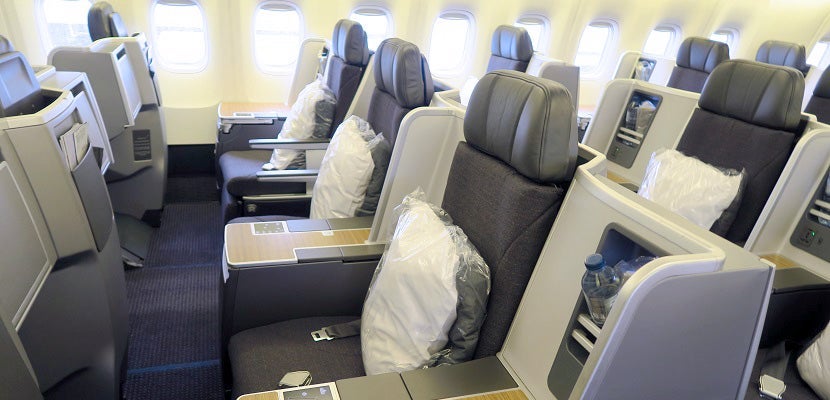
The final important distinction between the three involves upgrade certificates. Each carrier provides some set of instruments for jumping the priority line and winding up in first or business class, but the details vary quite a bit:
- American: Executive Platinums earn 4 Systemwide Upgrades (SWUs) after qualifying. These can be used to upgrade any American flight of up to three segments when C inventory is available (you can use ExpertFlyer to set alerts if there aren't seats at the time of booking). These are fully transferable to friends and family members as well.
- Delta: Diamond Medallions don't automatically earn upgrade certificates but can elect them through the Choice Benefits program. You can choose four Regional Upgrade Certificates (RUCs) for reaching Platinum Medallion and then have three choices for reaching Diamond: 4 Global Upgrade Certificates (GUCs), 8 RUCs or 2 GUCs and 4 RUCs. You can use RUCs on flights eligible for complimentary upgrades along with flights from New York-JFK to Los Angeles and San Francisco, while GUCs can be used on any Delta flight (and are now valid on both KLM and Virgin Atlantic). Unfortunately, these can only be "transferred" to companions on the same travel reservation.
- United: Premier 1Ks will earn 2 Regional Premier Upgrades (RPUs) after qualifying for Premier Platinum status and another 2 RPUs plus 6 Global Premier Upgrades (GPUs) when they reach 1K. RPUs apply to regional flights (such as Newark to Hawaii) and all routes eligible for complimentary upgrades, while GPUs apply to any United flight, and can also be applied to select ANA and Lufthansa flights (higher fare classes only).
As you can see, this gets a bit complicated. On the one hand, it's great to have the flexibility of transferring your upgrades to friends or family members with American and United. However, Delta and United allowing upgrades on select partner flights makes those appealing as well.
Club Membership
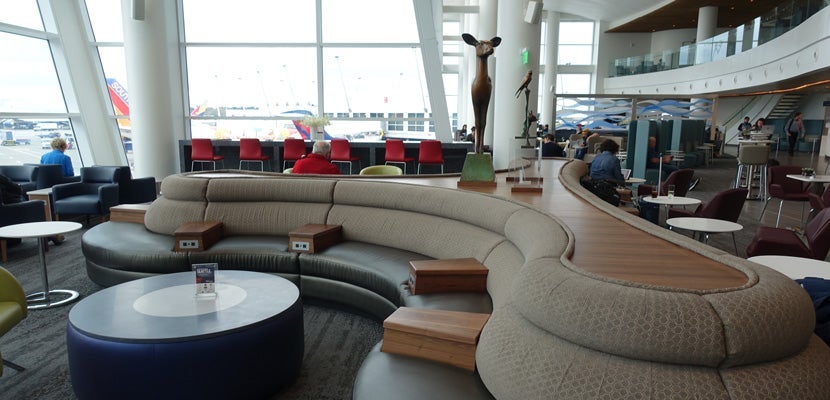
Another notable difference between these tiers involves lounge membership. While all three allow top-tier elites to access lounges when traveling internationally in any class of service, Delta is the only one to provide a full membership to its lounge automatically for Diamond Medallions. This can be quite valuable when traveling domestically or when you are forced to use another carrier (I did this several times as a Sky Club member flying on JetBlue out of West Palm Beach).
That being said, this membership doesn't include complimentary guest access, and you can also gain access to Sky Clubs when traveling on Delta by showing your Platinum Card from American Express, and the other carriers also have cards with lounge access (like the Citi Prestige Card until July or Citi / AAdvantage Executive World Elite Mastercard for Admirals Club access). Nevertheless, it's still nice to have lounge access automatically when flying on your preferred airline.
Other Perks

The final important distinction between the three programs is a "catch-all" category of other perks. Here's a quick overview of these benefits:
- Hotel: Delta partners with Starwood Preferred Guest through the Crossover Rewards program, allowing Diamond Medallion members to earn 1 bonus mile for every dollar spent at SPG properties plus opening up perks like late checkout and upgrades to "enhanced" rooms. Meanwhile, United grants Premier 1K members automatic Marriott Gold status through the RewardsPlus partnership, and this now includes SPG Gold status when you link your two accounts.
- In-flight: Both American and United give top-tier elites a free snack and drink when traveling in coach, which can be a decent perk when your upgrade to first class doesn't clear. While Delta may appear to fall behind here, remember that it does offer Comfort+, which includes premium snacks and drinks.
- Choice Benefits: As mentioned above, Delta offers upgrade certificates through its Choice Benefits program (and is the only one of the three to allow top-tier elites to choose a set of benefits). In addition to RUCs and GUCs, Diamond Medallions can choose 25,000 bonus miles, gift Gold Medallion status to a friend or family member, get vouchers for Global Entry membership, upgrade their Sky Club membership to include guests or receive a $200 Delta or Tiffany & Co. gift card. You can select two of these when you qualify for Diamond status.
As always, only you can decide which of these perks truly matters to you. If you're already earning Marriott status on your own, the RewardsPlus partnership with United may not make a difference, and if you regularly pay for first class, you probably don't care about a free snack or drink in economy. I always enjoyed selecting my Choice Benefits each year, but others may not want to have to remember this. Again, it's up to you to determine which top-tier elite status works for you.
Picking the Best Program
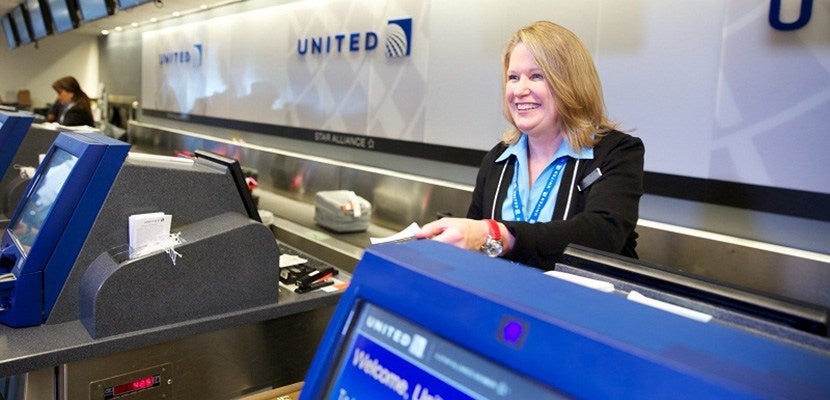
Given these differences, which program is best for top-tier elites? Unfortunately there's no easy way to answer this, since everyone's travel situation varies significantly. In addition, if you live in (or near) a major hub like Atlanta or Houston, you may be "forced" into loyalty to the primary carrier out of that airport. However, if you do have some flexibility in choosing a preferred airline, there are a few things that can help you make the decision.
First, determine the benefit that matters most to you. Many of the perks outlined above are constant across airlines, but there are a few key differences. If all you need is a better seat with more legroom, you may not want to play the upgrade game with Delta. However, if you frequently book award tickets, you may find that United is better thanks to the program's enhanced award availability. Identifying the benefit(s) that are most important to you is critical in choosing a program.
In addition, be sure to consider the service of each carrier (and their respective partners) from your primary airport. No sense in trying to earn status if you aren't able to use the perks at least somewhat regularly!
Finally, ask yourself if any of these benefits are even worth going out of your way to earn. A couple of the perks of top-tier status (like free checked bags and priority boarding) can be enjoyed by simply having the right travel rewards credit card. You also may get reimbursed for expenses like bag fees or have no need for the slim shot at an upgrade on the route you fly (especially if you're flying in paid first class). If these perks aren't important to you, you have the flexibility to book flights based on convenience and price rather than a loyalty program.
Bottom Line
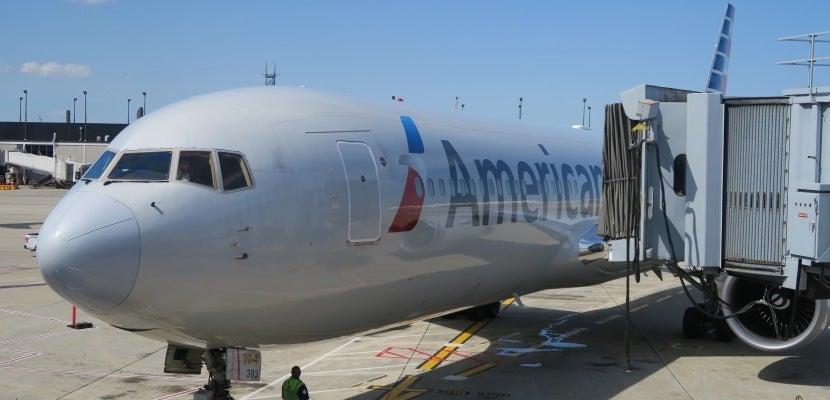
It takes a lot of traveling to earn top-tier status on American, Delta or United, and the perks that each carrier provides are designed to reward that loyalty. However, each program does have its own set of unique benefits that may appeal to certain travelers more than others. If you're planning on eclipsing the 100,000-mile mark in 2017, I hope this post has given you some insight as you try to decide which of the major carriers in the US would best reward your loyalty.
For a more detailed look at each elite level, see:
- What is American Airlines Elite Status Worth in 2017?
- What is Delta Airlines Elite Status Worth in 2017?
- What Is United Airlines Elite Status Worth in 2017?
Which top-tier elite status are you going for in 2017?
TPG featured card
at Capital One's secure site
Terms & restrictions apply. See rates & fees.
| 5X miles | Earn 5X miles on hotels, vacation rentals and rental cars booked through Capital One Travel |
| 2X miles | Earn unlimited 2X miles on every purchase, every day |
Pros
- Stellar welcome offer of 75,000 miles after spending $4,000 on purchases in the first three months from account opening. Plus, a $250 Capital One Travel credit to use in your first cardholder year upon account opening.
- You'll earn 2 miles per dollar on every purchase, which means you won't have to worry about memorizing bonus categories
- Rewards are versatile and can be redeemed for a statement credit or transferred to Capital One’s transfer partners
Cons
- Highest bonus-earning categories only on travel booked via Capital One Travel
- LIMITED-TIME OFFER: Enjoy $250 to use on Capital One Travel in your first cardholder year, plus earn 75,000 bonus miles once you spend $4,000 on purchases within the first 3 months from account opening - that’s equal to $1,000 in travel
- Earn unlimited 2X miles on every purchase, every day
- Earn 5X miles on hotels, vacation rentals and rental cars booked through Capital One Travel
- Miles won't expire for the life of the account and there's no limit to how many you can earn
- Receive up to a $120 credit for Global Entry or TSA PreCheck®
- Use your miles to get reimbursed for any travel purchase—or redeem by booking a trip through Capital One Travel
- Enjoy a $50 experience credit and other premium benefits with every hotel and vacation rental booked from the Lifestyle Collection
- Transfer your miles to your choice of 15+ travel loyalty programs
- Top rated mobile app

